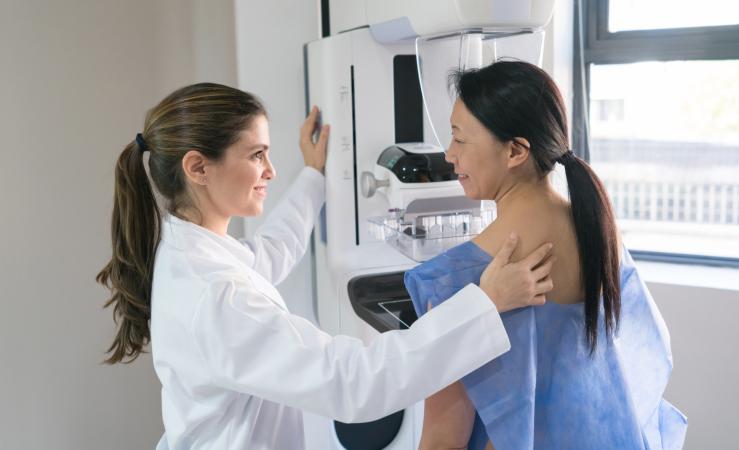Mammography Information for Patients
More than 8,900 FDA-certified facilities nationwide work to ensure the safety and reliability of mammography and help detect breast cancer in its earliest, most treatable stages.
To legally perform mammography, a facility must be FDA-certified and must post their certificate where patients can see it. To find a mammography facility in your area, please Search for a Certified Mammography Facility.
Under the Mammography Quality Standards Act (MQSA) of 1992 as amended in 1998 and 2004 (PDF), Congress mandated that facilities must send every patient a report in lay language summarizing the exam results within 30 days of the mammogram. Patients without a health care provider must also receive the mammographic report within 30 days of the examination. When the assessment of the mammography report is "Suspicious" or "Highly suggestive of malignancy," the facility is required to communicate the lay summary results and recommended course of action to the patient within 7 calendar days of the final interpretation of the mammograms.
The MQSA regulations also require that all facilities have a system in place to address consumer complaints. The FDA expects that most complaints can be resolved at the facility level. However, if a complaint cannot be resolved, the consumer should contact the facility's accreditation body, whose name is listed on the facility’s MQSA certificate.
For more information about the consumer complaint mechanism, visit Frequently Asked Questions About MQSA.
For more information about breast implants, including safety requirements, guidances, and resources, visit Breast Implant Information.
The "Other Resources" area has more information about the National Cancer Institute, the Cancer Information Service, The National Women's Health Information Service, and other resources, including links to those sites.


